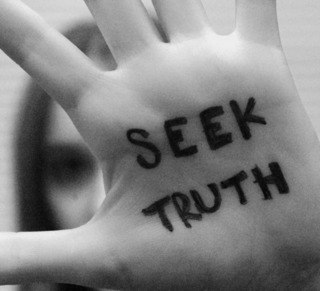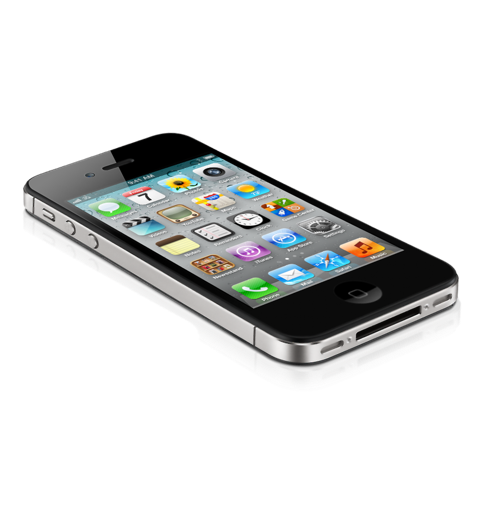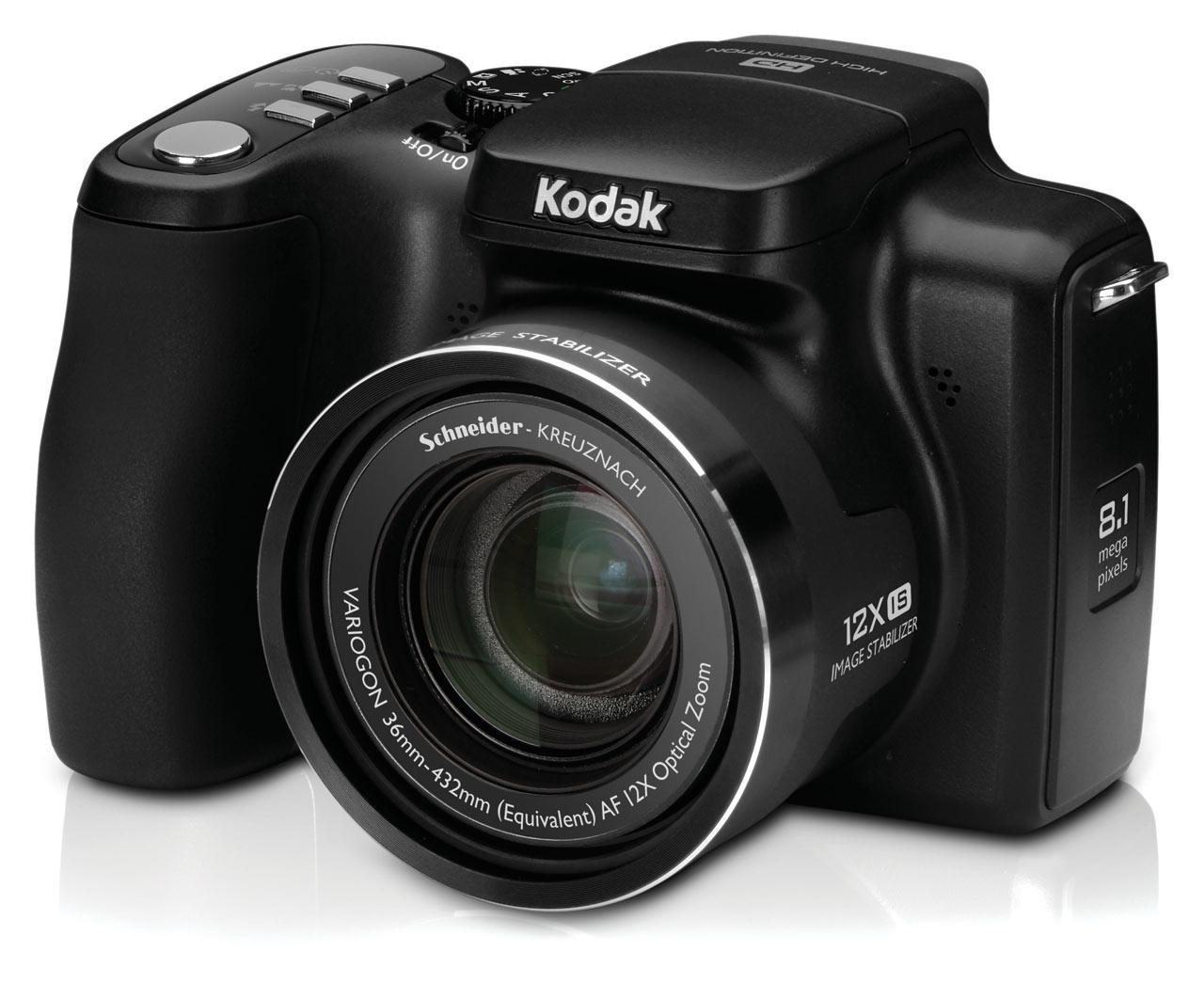
ROKKAN is an independently owned digital agency reinventing the way brands interact and engage with their consumers.
I sat down with co-founder Chung Ng, and posed three crucial questions about belonging:
a) Good brands are bought, but great brands are
joined. Why do you think your employees join yours?
Time
and time again, when a new hire joins our team, they talk about how it was the
work and the culture that drew them to ROKKAN. We look for young, fresh talent
to work on top-tier, adventurous brands. We hire very carefully and intentionally,
since every new person is a new link in the ROKKAN chain; we like our small
size, and keep it that way. The opportunity to roll up your sleeves and work on
killer brands right off the bat is a pretty huge draw that we hear about from
our ROKKANites, almost as much as the communal, open vibe around the office and
in our approach/process to client work. When an office runs on creative energy
and mutual respect, amazing things are bound to happen.
b) The great workplaces of the world have soul.
What do you do to humanize your culture?
When
a new person joins ROKKAN, it’s not about joining another company—it’s about
joining a family. We have a very close-knit community here, often, fellow
ROKKANites are friends as much as co-workers. Since we’re a small company,
we’re able to really put culture first and do a lot of events that a larger
agency just couldn’t sustain.CWe
have the annual Pool Party + BBQ, where we hold our own
hot dog eating contest and a Dim Sum Day where new employees have to try the
weird stuff on the menu a la Fear Factor.
But, we’re about education as much as
we’re about fun. “Recess” happens once a month—a company-wide gathering where
any ROKKANite who wants to may have the floor to teach anything they want for
an afternoon, whether it’s how to maximize frequent flyer points, how to play
bar chords, how to make an app, or analyze Shakespearean sonnets. It’s a great
way to feature “the other side” of our ROKKANites, and let everyone glean from
shared expertise as well as learning about each other’s side projects and
interests.
c) Belonging is a basic human craving.
How do you remind employees that they’ve found a home?
At
ROKKAN’s SoHo loft, we don’t have any cubes–it’s an open plan. Even our
conference rooms are clear glass. We
have several lounge areas where people can just plop down on the couch, work,
and have spontaneous conversations and collaborations—almost like home.
We also are extremely pet and bike friendly, so it’s quite often that we
have ROKKANites commuting in together, or bringing their puppies to work with them. Snacks and a kegerator
are always in the kitchen, along with a never-ending supply of coffee. Tunes
are crowd-sourced and different people “guest-DJ” the workday.
Bottom
line: being at the office is inviting and comfortable, allowing for maximum
creativity and a very healthy, positive work environment. At times, the only
difference between working at the ROKKAN office, and working from home, is that
you probably couldn’t get away with those footie pajamas in a client meeting.
Thanks Chung! Learn more about ROKKAN here.










